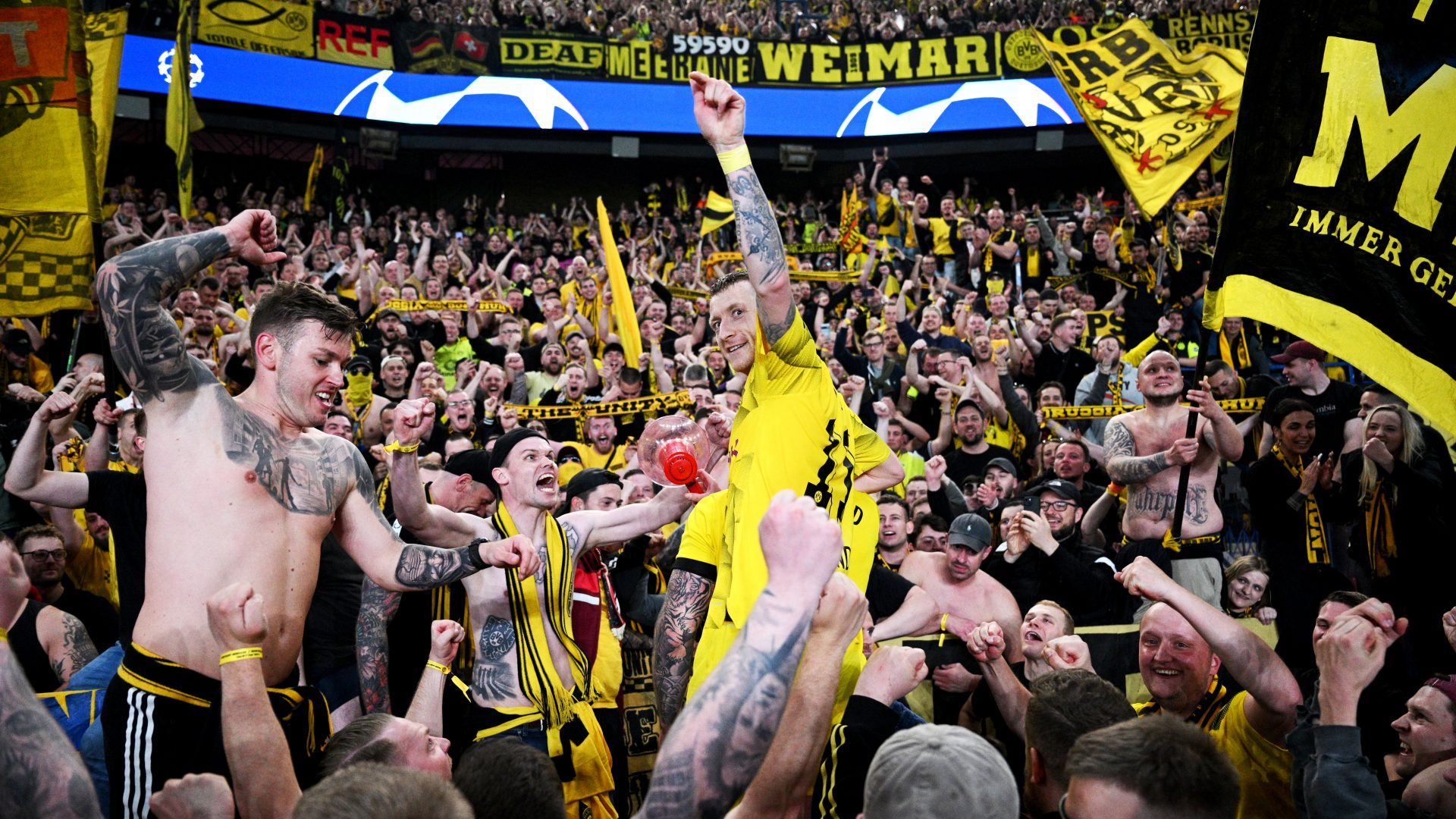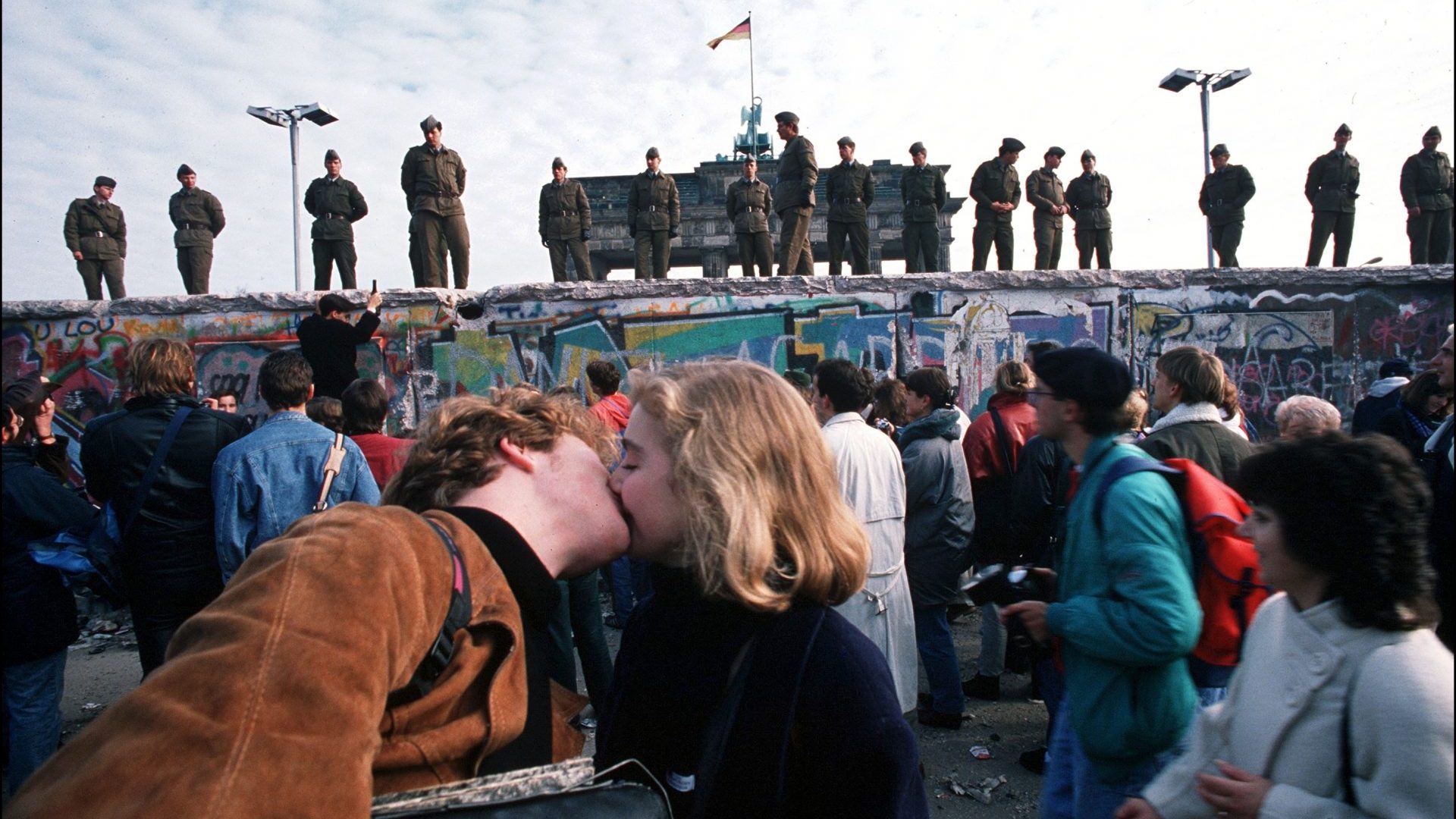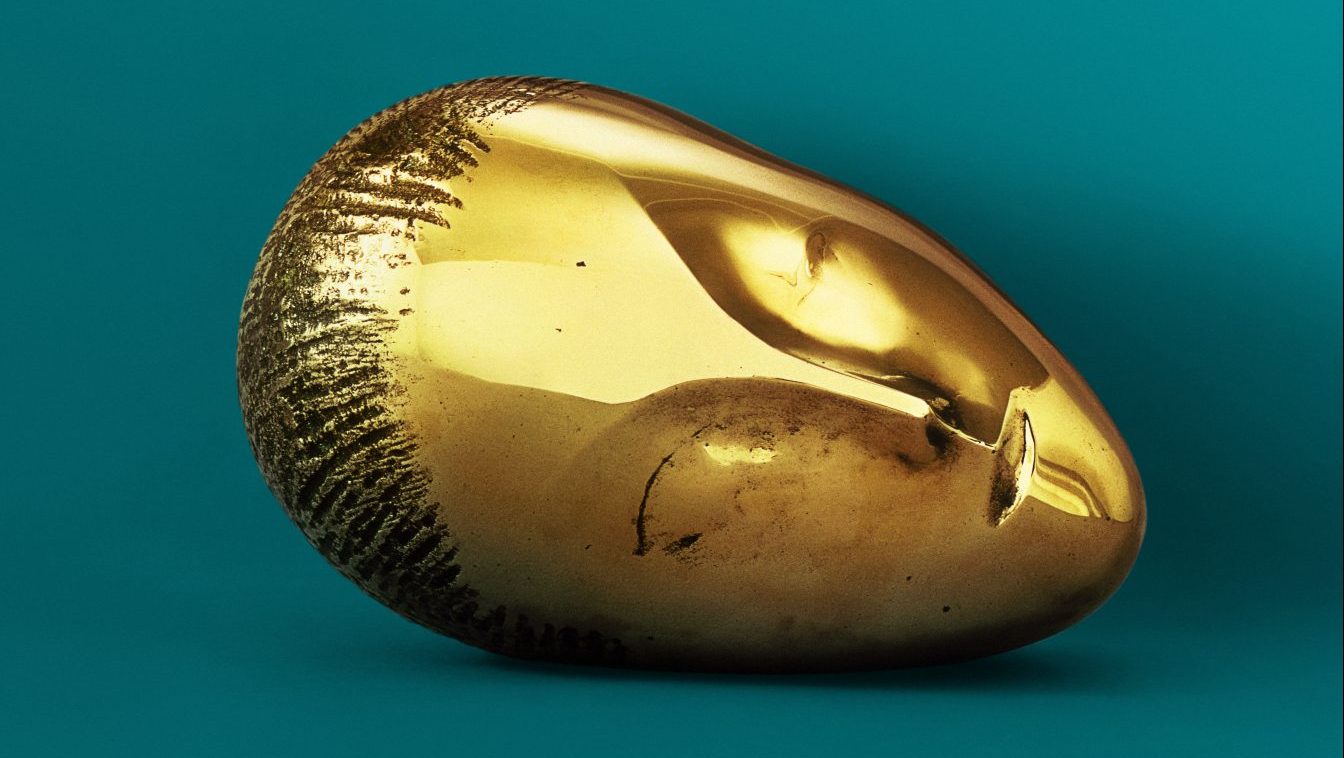One got their first name from a king, the other nicked theirs from a brewery. It seems that we have a classic contrast on our hands. One is poor, grateful for anything it can get, reliant on native cunning, crazy hope and the chancy inspiration of youth, while the other is rich, committed only to the best and unalterably convinced of its entitlement to anything it wants.
The oldest story is about to be told once again: not only told but made new – and we still don’t know who will live happily ever after. This is how the fabulous fabled fable-telling machinery of sport works: and, as the former England cricket captain Mike Brearley explained, as soon as we know the result it will at once seem a) inevitable and b) morally appropriate.
Real Madrid football club was founded as plain Madrid in 1902, but 18 years later King Alfonso XIII told them they could call themselves royal, or rather Real. Beats the hell out of City or United or Academicals.
Real Madrid have a crown on their badge; Borussia Dortmund’s badge looks like the label on a beer bottle, not a brand you’d be proud to drink. The two clubs play each other in the Champions League final at Wembley on Saturday, June 1.
Dortmund is part of the endless conurbation of the Ruhr, an eastward tributary to the Rhône, traditionally the coal and steel area of Germany. Borussia is Latin for Prussia; it also happened to be the name of the local brewery. A bunch of lads met in a bar to set up a football club that wouldn’t have to deal with interfering priests. But what to call it? A sign on the wall read Borussia-brauerei and they took it as a sign from the footballing gods: Borussia it must be.
For Borussia Dortmund, the Champions League final is a continuation of the underdog giant-killing ugly-duckling rags-to-riches story they have been telling since their foundation, while for Real Madrid it’s the next stage in their noble quest: a hunt for unattainable perfection and the Holy Grail of football… whatever that is.
Real Madrid are the natural, default champions of Europe. The main competition – the only one that really matters – is the European Cup, recalibrated in 1992 as the Champions League. Here the elite play the elite – but sometimes they have to deal with upstarts, pretenders and incomprehensibly lucky survivors
as well.
Real Madrid have won the competition 14 times. They are the only club that is never pleased to win it: instead they are relieved. Their nearest challenger is Juventus of Italy, who have won it a mere seven times, last time in 1985; Liverpool and Bayern Munich have won it six times each. Borussia Dortmund won it once, beating Juventus in the final in 1997.
This year Real Madrid won the Spanish league, La Liga, for the 36th time. It’s a bad year when they come second. Borussia Dortmund finished fifth in the German league, the Bundesliga, a disappointment rather than a shattering surprise.
Real Madrid play in all-white: let other, lesser teams bother with vulgar colours. They don’t look like any other team: they always look like Real Madrid and that is not far short of a goal start. Borussia Dortmund go for yellow and black, like hazard tape.
You can argue about the best team the world has ever seen until the bottle is empty, but you’ll probably end up with the Real Madrid side that won the European Cup five times in a row, 1956-60, with Alfredo Di Stéfano and Ferenc Puskás, names treasured not just in Madrid but across the footballing world. Borussia Dortmund won’t even be mentioned.
Real Madrid’s basic policy has remained the same since the days of Di Stéfano and a team that combined immense ball skills with visionary passing. This is a club with immense wealth that collects the best players in the world and puts them on the pitch to see what happens. Tactical masterstrokes and coaches of genius are for lesser teams: Real Madrid just play football.
An exaggeration, sure, but it’s the vibe Real Madrid live by. Such players are los galácticos: to recruit merely the best players in the world would be beneath them. These stellar beings have included Zinedine Zidane. Ronaldo of Brazil and Luís Figo, along with David Beckham of England and Gareth Bale of Wales.
No one has managed the intergalactic swagger better than their all-time top-scorer Cristiano Ronaldo, who joined the club in 2009 for £80m; he scored 450 goals for Real Madrid in 438 matches. But this season Real Madrid have been powered by a 20-year-old of phenomenal force and drive: a boy from Birmingham who has played most of his grown-up football in Europe.
Last season Jude Bellingham moved to Real Madrid for a fee of £88m. He has scored 19 goals in La Liga, become the driving force of the team and is rated by many as the best player in Europe. The club he moved from is… Borussia Dortmund, so you’ll see what I mean about the storytelling powers of sport.
Most people who follow football would be able to name Ronaldo as Real Madrid’s leading scorer. Most would struggle to name the equivalent for Borussia Dortmund: Alfred Preissler, scorer of 177 goals; goals that helped them to win Bundesliga in 1956 and 1957. He played for West Germany twice.
Borussia Dortmund don’t do glamour, then. They have been all but broke on more than one occasion; once they needed a loan from their rivals Bayern Munich to pay their players. But they can do youth and style all right.
They did so when managed by Jürgen Klopp, who was there for seven years before he moved to Liverpool in 2015, winning two league titles with his style of dashing underdoggery. They called it heavy metal football, in sharp contrast to the symphonic football of Real Madrid at their best.
Borussia Dortmund are very much underdogs as they prepare for their final under the management of Edin Terzić. But one of the great charms of football is that – more than in any other sport – an upset is always possible.
This is because of the uniquely high value of the currency: a single score changes everything. In football the underdog is always alive, awake and barking hard, at least at the start: and that has given rise to a million tales of impossible against-the-odds victories.
“You couldn’t have written it!” Sports commentators say this again and again, but they’re wrong. Of course you could have written it. You just wouldn’t dare. Only sport has the effrontery to tell such gloriously ancient and obvious stories, and to tell them so often.
Borussia Dortmund aim to retell David and Goliath. They are seeking, like Clark Kent, to slip into a phone booth and come out as Superman, or perhaps to drop the cockney accent and become a duchess, like Eliza Doolittle in My Fair Lady.
What’s more, they must overcome a monster, in the manner of Little Red Riding Hood and the woodsman, or Quint in Jaws, or Theseus facing the Minotaur, or James Bond facing the might of Ernst Stavro Blofeld and Spectre.
Not that Real Madrid see themselves as monsters. No: they are the Knights of the Round Table setting off on a holy quest, one that will make the world for ever a better place. They aim to become the perfect team… and excellence is never a trivial idea, no matter how trivial your medium. Borussia Dortmund are trying to buck the trend of history; Real Madrid are trying to extend a long history of brilliance and beauty.
“Blast the sports pages,” wrote Marshall McLuhan, “creators of pickled gods and archetypes.” But we humans have a strong taste for pickled gods and archetypes: you, dear reader, will have a few of your own even if footballers are not among them.
Sport tells us tales we long to hear, with endings that are happy for some and sad for others: but every ending is a new beginning as the sporting narrative flows on and on like a river in perpetual spate.
It’s traditional for intellectuals to despise sport. Ed Smith, formerly England cricket selector, has a wonderful theory for this. He suggests that it’s linked to the rise of modernism in literature, with great works like Ulysses that have no plot as we normally understand the term.
Therefore, Smith suggested, anything with a plot was beneath an intellectual’s contempt. If you want to look clever you have to despise sport.
The truth of the matter is that we can never truly despise stories, for we are a species of fabulists, Homo fabulator, and sport has a fabulous way of telling us the oldest of stories in the newest possible ways.
It doesn’t matter if you’re a king or a brewery worker: the tale of Real Madrid v Borussia Dortmund cannot fail to enthral all those who choose to engage with it.




